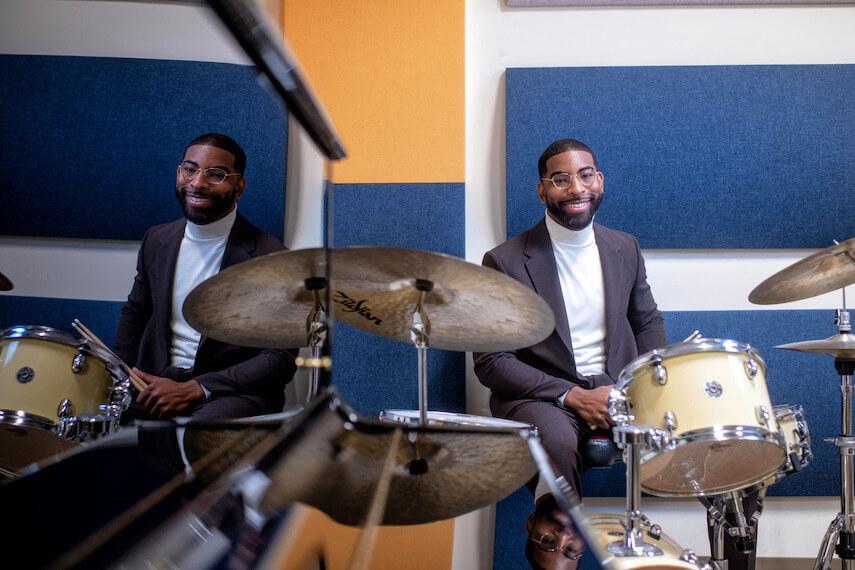As the pandemic turned schools upside down and educational programs took a hit, music programs nationwide faced troubles.
It wasn’t the first time music education had been trimmed back in many schools. As schools reevaluate their budgets year after year, music and the performing arts are often on the chopping block. But it’s music that can sometimes be the answer, the path for these children, towards something bigger.
I grew up in a family of musicians. I had a diverse diet of music and was fortunate enough to take private percussion lessons starting at age 5. I was the section leader of the drum line in high school and later at Howard, which had given me a music scholarship. Music was a real outlet and tool for me and my peers.
Studies have shown the benefits of music education: It not only creates musical skills, but also helps students develop proficiencies in regular academics. The connection between music education and stronger reading and math proficiency, enhanced verbal and language skills, stronger fine motor skills and auditory discriminations has been well researched. Schools that offered music education had higher graduation rates, attendance rates and standardized test scores. Music students learn to appreciate music and to express themselves; in many cases, they find a social group of similar-minded peers. Especially in urban areas, it reduces truancy and the hours young people spend on the streets.
"The long-term outcome is one that follows a journey of developing discipline and self-esteem, resulting in becoming a better student and a high school graduate."
Article ID: 576




